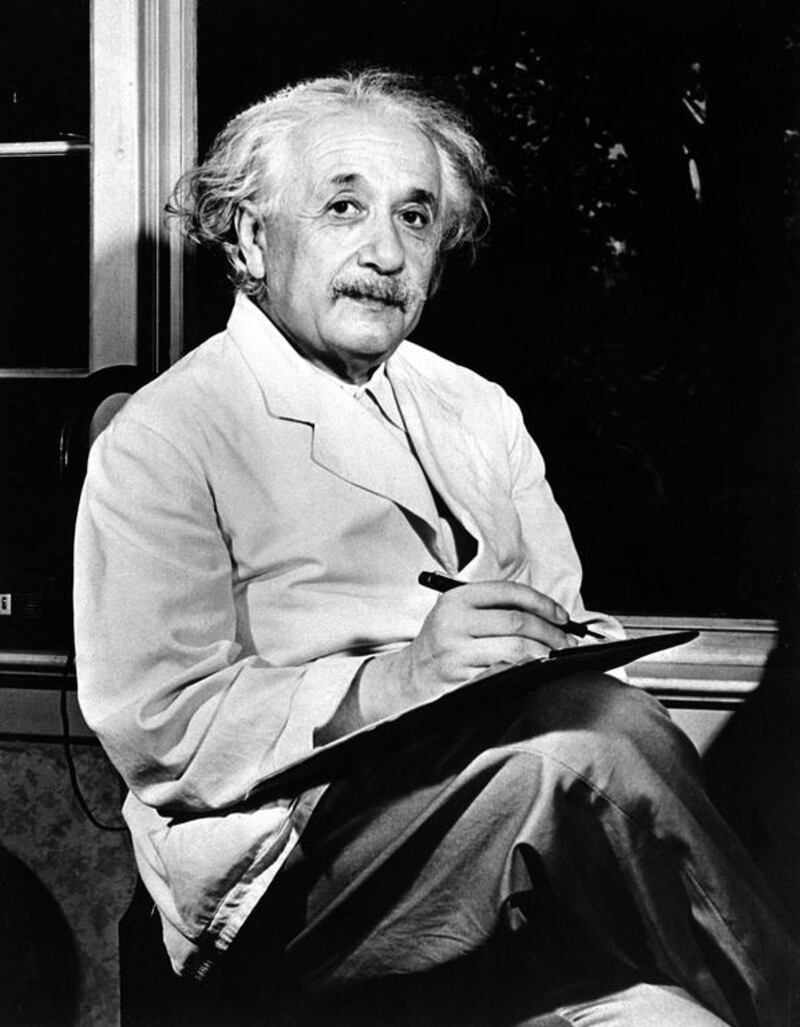This month I was invited to attend an interactive leadership seminar hosted by the renowned American executive business coach and mentor, Mark Thompson.
Mr Thompson had a great presence on stage. It would be hard not to pay attention to him as he spoke about his career and dealing with international business figures such as the British business mogul and founder of Virgin Group Sir Richard Branson, and the American business investor Warren Buffett.
Watching him speak the way he did and the way he interacted with the audience members would make one think that he got it easy all along, that he must have been the lead actor at school plays, and was president of his high school’s student body.
But he was not. Mr Thompson was dyslexic, unable to read early in life, and was home-schooled. In fact, he had a rough kind of upbringing, taking care of his mother and their house rent as their dad had left them so young. At one point he worked as a janitor to earn some money.
Today, Mr Thompson has become one of the world’s top business executive coaches, a best-selling author, a Broadway producer, and a mentor invited to speak at events worldwide.
His daughter, also dyslexic and in her early teens, came up with an easy way for students to solve maths problems, by turning them into stories with the numbers as characters in a story.
But if you come to think of it, Mr Thompson is not the only renowned world figure who had a “disadvantage” growing up. For instance, Sir Richard is also dyslexic. Steve Jobs, the founder of Apple, was a college dropout. And Albert Einstein is suspected to have had Asperger’s syndrome, a form of autism spectrum disorder that affects language and social interaction abilities.
In fact, if we analyse the situation, many of the world’s successful people did not get to where they are today via the easy road, and a large number suffered or still suffer from some sort of learning disorder or a difficult upbringing.
Many people consider those with Asperger’s or dyslexia as having a disadvantage in life. And why is it considered a disadvantage? Because they assume it imposes an undesirable difficulty or struggle in an individual’s life.
But could what some assume as a disadvantage turn out to be a blessing in disguise? Would Mr Thompson be where he is today had he not been dyslexic? I do not think so.
In his book, David & Goliath, the American author Malcolm Gladwell demonstrates how people misunderstand the true meaning of an advantage and a disadvantage and explains how underdogs succeed much more than what is expected of them.
In the case of dyslexic individuals, could dyslexia actually be considered a desirable disadvantage? Gladwell highlights a recent study by Julie Logan at City University London, which states that a third of successful entrepreneurs are dyslexic.
Gladwell goes on to explain that there are two possible scenarios to why that is. One is that these individuals are so smart and creative that struggling with reading could not stop them. And the second interesting possibility is that their struggle taught them something that turned out to be advantageous, such as not to be put down by setbacks and failures.
Organisations are beginning to understand and value the advantage of what many consider a disadvantage. One Fortune 500 company that has begun hiring people with disabilities is Alliance Data. IBM is another that hires those with learning disabilities.
Those who have been diagnosed with a learning disorder have a different perspective on life and the way things are, and that is perhaps why they are so successful.
Maybe we need to change our perspectives as well and reconsider what we think of as a disadvantage. Perhaps only then can we really realise the potential advantages of “disadvantages”.
Manar Al Hinai is an award-winning Emirati writer based in Abu Dhabi. Follow her on Twitter: @manar_alhinai
Follow us on Twitter @Ind_Insights





